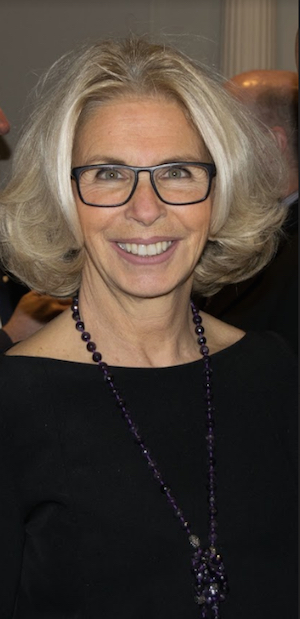Brooklyn expected to increase usage of SCIs to speed up criminal courts

In her “State of the Judiciary” speech last Tuesday, Chief Judge Janet DiFiore praised Brooklyn and Administrative Judge Matthew D’Emic for a 16 percent drop in felony cases, but explained that she would like to see a practice more commonly in use in upstate New York implemented in Kings County.
The use of superior court informations, or SCIs, is a process where defendants waive their right to prosecution by indictment, as is their right allowed by the state constitution.
In New York City, the average time to dispose of a criminal case by indictment is 277 days, however, in upstate New York it takes an average of 120 days to dispose of a case by SCI, according to Chief Judge DiFiore.

Brooklyn Boro
View MoreNew York City’s most populous borough, Brooklyn, is home to nearly 2.6 million residents. If Brooklyn were an independent city it would be the fourth largest city in the United States. While Brooklyn has become the epitome of ‘cool and hip’ in recent years, for those that were born here, raised families here and improved communities over the years, Brooklyn has never been ‘uncool’.